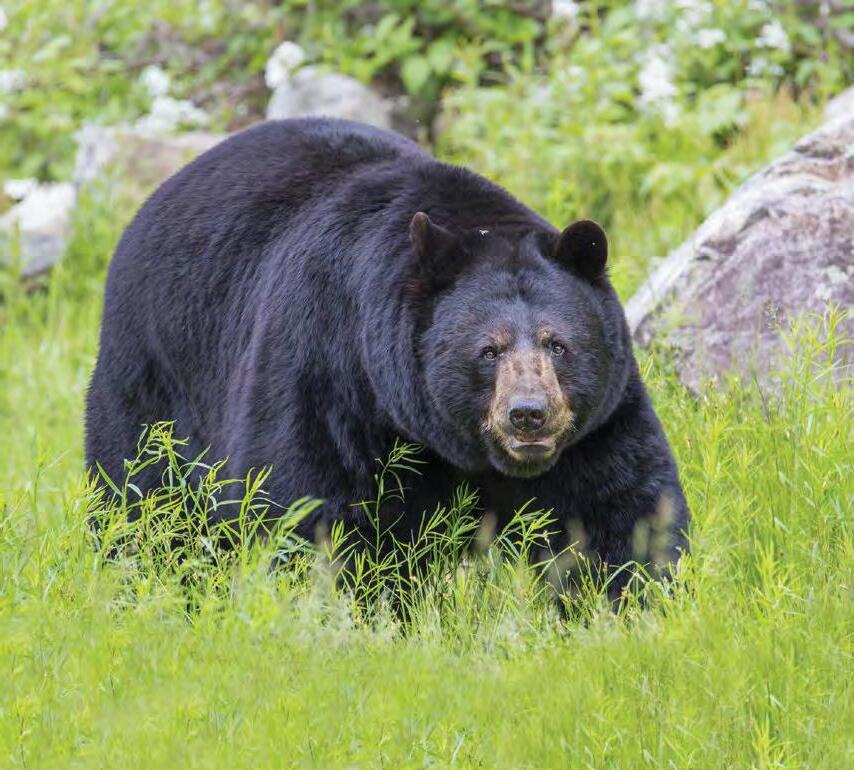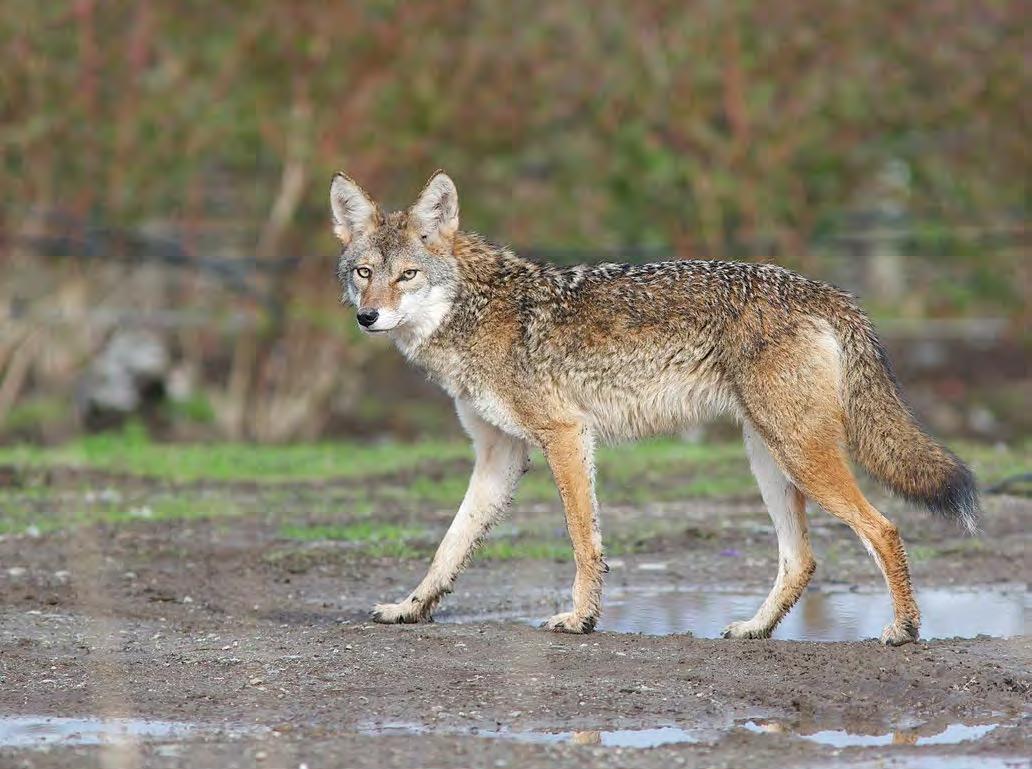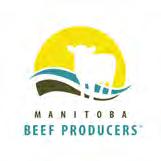

E-Newsletter

2025-26 Scholarship Recipients
Manitoba Beef Producers is pleased to announce the 2025 recipients of its $1,000 scholarship award for students pursuing a field of study related to agriculture or acquiring a skilled trade or pursuing a career that would be beneficial to the rural economy. Congratulations to Addison, April, Ffion, Kathryn, Lainie, and Mae!
NEWS AND HIGHLIGHTS
Intake Open Under SCAP for Predator Resistant Fence Construction Program
The intake period for this SCAP program is now open until December 8. Financial assistance is available for construction of predator resistant fences & dead compost ...
Feedback Sought re: Designated Agricultural Plastics & Expansion
Cleanfarms’ draft Stewardship Program Plan (SPP) for designated ag plastics is now available for comment. The Cleanfarms’ draft Stewardship Program Plan recommends ...
MPI helps Manitobans navigate snow and ice with Winter Tire Program
As Manitobans pull their winter boots out of the closet and brace for another Prairie winter, Manitoba Public Insurance is reminding everyone that it is just as important ...
MASC Forage Advantage Pilot Incentive Program
Not all land is well-suited for growing annual crops. Excessive moisture, drought, salinity, erosion, and other factors can all result in decreased production and wasted input costs ...
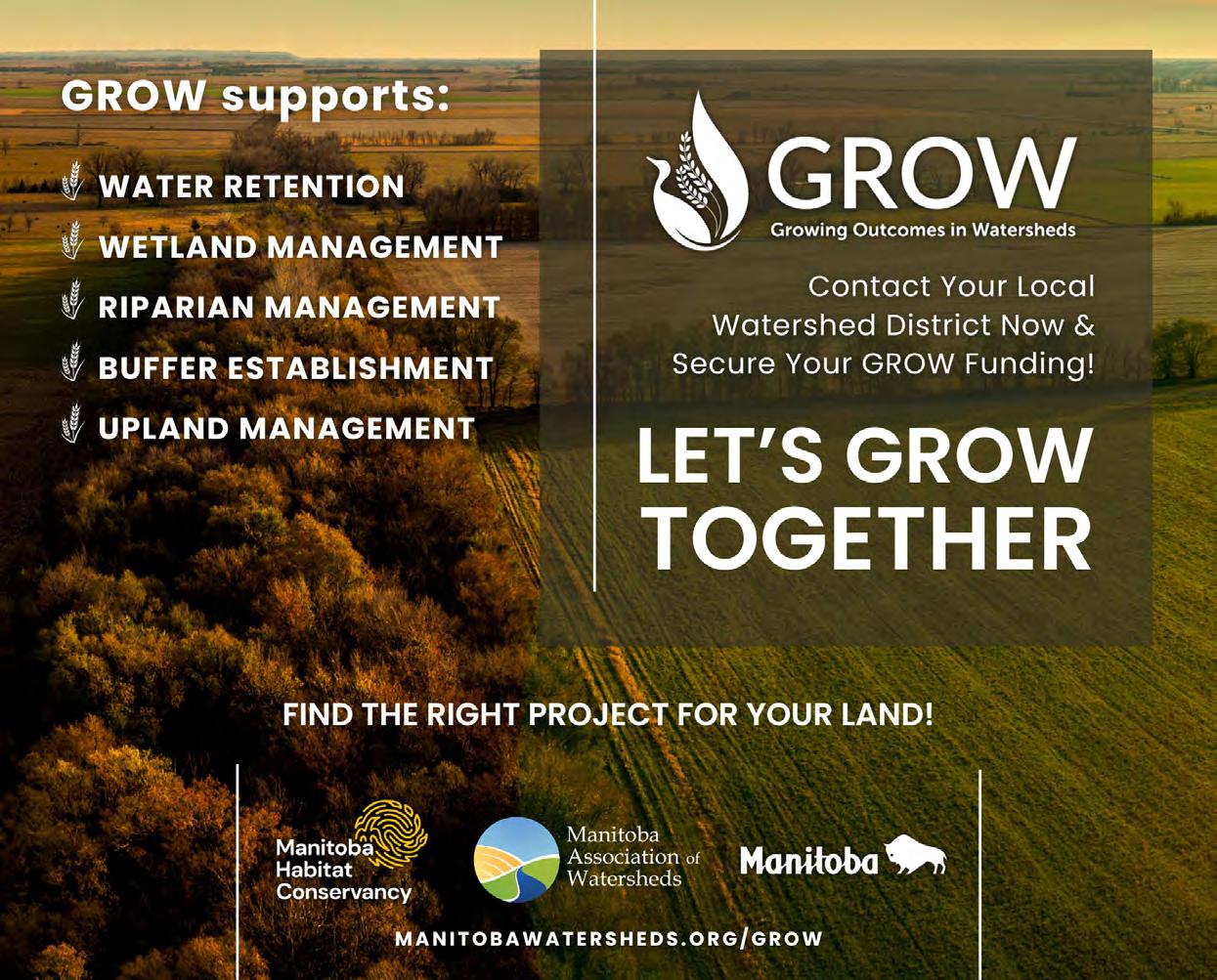

NEWS AND HIGHLIGHTS
Canada & Manitoba Launch Pilot to Reward Sustainable Farming
The governments of Canada and Manitoba are introducing a new program that helps farmers adopt sustainable practices and save money. Federal Agriculture and ...
Provincial Variance in effect re: nutrient applications
There is a temporary extension of the nutrient application deadline. Nutrients cannot be applied on or after November 18, 2025. Click the headline link for more information.
Animal Feed Regulations – Upcoming CFIA webinars
The Canadian Food Inspection Agency (CFIA) has updated the Feed regulatory modernization page to include registration information for two webinars. Interested parties are encouraged to register for these webinars to learn more about the new Feeds Regulations including the changes that will come into effect on December 17, 2025. English session: November 20, 2025, from 12:00 to 13:00 (EDT) French session: November 21, 2025, from 12:00 to 13:00 (EDT)

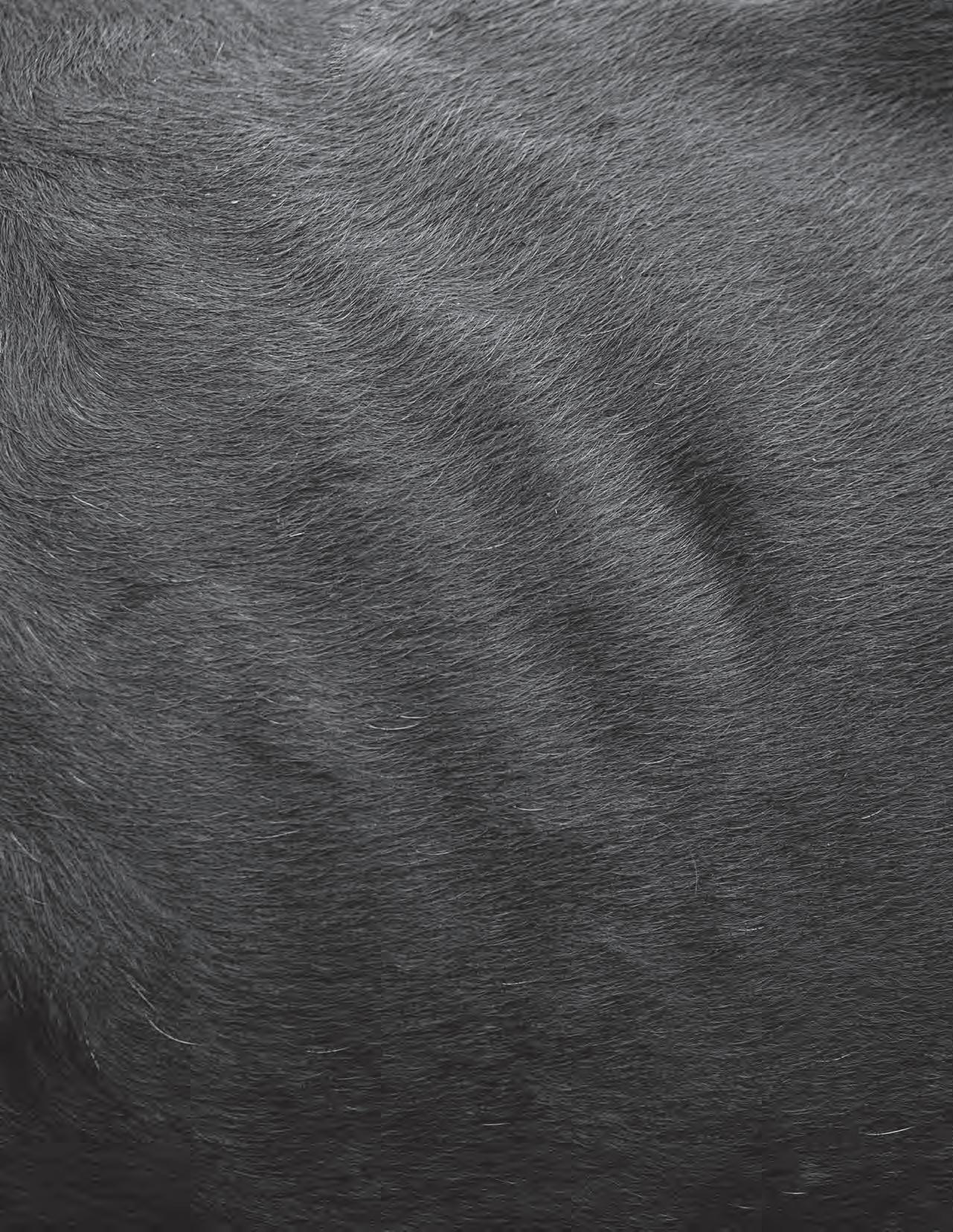
NAME. PICK YOUR FIGHT.
Mike Duguid Joins MFGA Wall of Fame
Longtime MFGA leader named as 2025 MFGA Wall of Fame Inductee
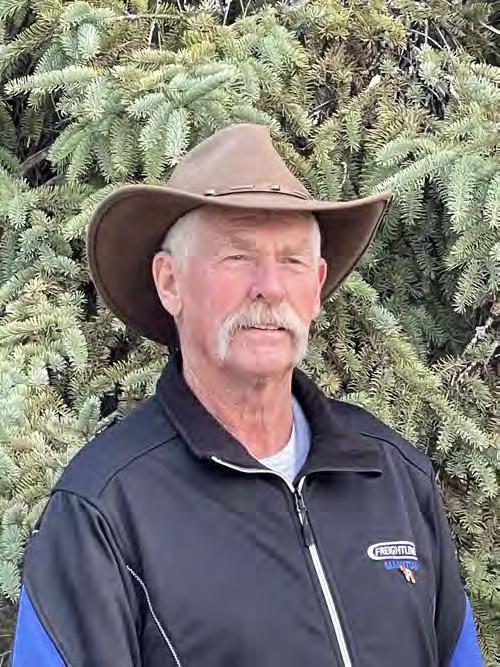
(Manitoba Forage & Grassland Association media release, Brandon, Nov 13, 2025) – Mike Duguid has indeed done well for Manitoba Forage and Grassland Association (MFGA). And, as the longtime MFGA board member terms off the MFGA Board, MFGA has designated Duguid with a 2025 MFGA Wall of Fame Designation at the 2025 MFGA Regen Ag Conference in Brandon this week.
Duguid operates Lake Forest Farms with wife Cheryl near Arnes, Manitoba, about ten miles north of Gimli near the shores of Lake Winnipeg. Not too far away from Mike and Cheryl’s mixed farm operations, their son Scott runs Loch Woods Farm with wife Janine and children Keira, Orla and Reid. Mike and Cheryl have two other sons that live nearby as well. Stuart, a pilot, and partner Kylie and their son Grady as well as Graeme, a Manitoba Hydro employee, partner Cory and son Declan.
In 2019, Mike Duguid joined the Manitoba Forage and Grassland Association Board of Directors as the representative from the Manitoba Beef Producers, a board that Mike remained part of throughout his two three-year terms on the MFGA Board.
Mike accelerated on the MFGA board executive from a two-year term as vice chair to a concluding with a two-year term as chair of MFGA that termed out in the fall of 2025. During his full term of six years at MFGA, Mike also served a one-year term as the national Environment Committee Co-Chair of the Canadian Cattle Association.
Mike graduated on the honour roll as a University of Manitoba Agriculture diploma graduate in 1975.
“Mike is always keen on farming conversations with farmers and quite often led the MFGA Board in conversations around practices that worked on his farm and what he had learned elsewhere,” said Zack Koscielny, MFGA vice chair. “Mike was also one of the first key farmers engaged in the General Mills project that used his farm for soil and bird research as well as Mike’s key participation in the AAFC Living Labs and Manitoba Association of Watershed District’s Prairie Watershed Climate Project.”
During his term as the chair of MFGA, Mike also chaired the two MFGA Regen Ag Conference Committees providing stability and leadership on MFGA’s most important annual event. Additionally, Mike’s friendly demeanour and on-farm knowledge made him a perfect ambassador for MFGA in many political and partnership circles.
Adding Duguid to the MFGA Wall of Fame brings the number of MFGA Wall of Fame honourees to 13 over the five years of the tribute designation. The MFGA Wall of Fame resides on MFGA.net. Each year, nominations are collected in conversations and at board meetings and approved by MFGA board members during meetings leading up to the MFGA annual conference. Duguid was the only nomination to be approved by the board in 2025.
A main principle of the induction process is that the inductees cannot be current board members or staff members. Duguid has termed off the MFGA Board and the 2025 Conference Chair role that he also took on will be the final official duty of Mike’s MFGA career. Fortunately for MFGA, Duguid has offered to stay nearby for any volunteer conversations and dialogues that will benefit the MFGA Board and executive from his insights and perspectives.


Manitoba Government Extends Rent Freeze for Agricultural Crown Lands
(October 8, 2025 Province of Manitoba media release) The Manitoba government is extending the rent freeze for Agricultural Crown Lands (ACL) forage leases into the 2026 growing season, continuing its commitment to making life more affordable for producers, Agriculture Minister Ron Kostyshyn announced today.
“Manitoba producers are the backbone of the provincial economy and our government is committed to keeping life affordable for the hard-working Manitobans who put food on our tables,” said Kostyshyn. “Continuing this rent freeze provides financial stability for producers and reflects our commitment to affordability.”
The current rate of $3.66 per animal unit months remains the lowest ACL rental rate in Western Canada.
“This announcement is a relief for Crown land users and gives us some certainty after a year of severe challenges,” said Brent Benson, cattle producer. “From extreme weather to the uncertainty of trade markets and feed supplies, some producers struggled to keep their family ranches operational without having to make decisions that could affect their sustainability or viability. We look forward to working with the Manitoba government as we move toward a system of fair and predictable rental rates as well as policies that encourage young producers to enter the industry, an important component to ensuring the long-term sustainability of the family ranch.”
The ACL program supports approximately 1,750 leaseholders across Manitoba who rely on Crown lands for grazing, haying and cropping activities. These lands are a vital public asset, supporting the livestock sector, advancing sustainable land use, and respecting treaty and Indigenous rights, the minister noted.
“Alongside the rate freeze, the Manitoba government has launched the first phase of a public engagement process to help shape the future of the ACL program. Through an online survey on EngageMB, Manitobans can provide feedback on three areas: lease allocation methods, limits on the total amount of land a single leaseholder can hold, and renewal options for modern leases.
Manitoba Beef Producers appreciates the consultations about various aspects of the Agricultural Crown Lands Leasing Program to ensure it is responsive to the needs of the cattle sector,” said Matthew Atkinson, president, Manitoba Beef Producers. “We strongly encourage beef producers to make their views known during this important engagement process as it will help shape the future of the program.”
This survey represents the first phase of public engagement in the ACL program review. Feedback gathered will help inform proposed regulatory updates and program improvements. Further consultation with stakeholders, including leaseholders and Indigenous communities, will follow before final decisions are made, the minister said.
Feedback collected through the survey and consultations will inform final program adjustments and regulatory updates, anticipated for implementation in 2027, the minister added.
Manitobans interested in sharing their views are encouraged to visit https://engagemb.ca/ag-crown-lands to complete the survey by Nov. 24.

Provincial Variance in effect re: nutrient applications: Nutrients
cannot be applied on or after November 18, 2025*
Source: Manitoba Environment and Climate Change website
There is a temporary extension of the nutrient application deadline.
*Due to expectation of snow cover, frozen soils and below freezing temperatures
• Nutrients are not to be surface-applied without immediate incorporation. In some cases, due to extenuating circumstances of prolonged wet conditions, for liquid manure application this may not be feasible this year.
• Nutrients are not to be applied within Nutrient Management Zone N4 or the Nutrient Buffer Zone.
• Nutrients are not to be applied to poorly or very poorly drained soils including coarse textured Gleysols with improved drainage (for example agriculture capability class 4W, 5W and 6W soils) that are saturated for extended periods during spring thaw.
• Nutrients are not to be applied to erosive soils located near watercourses but outside the Nutrient Buffer Zone.
• The agricultural producer is obliged to assess current weather conditions and periodically check weather forecasts when applying nutrients after November 9. Nutrients should not be applied in instances where the weather outlook is unfavourable such as if snow or an appreciable amount of rainfall is expected that would result in runoff.
• All other requirements of the Nutrient Management Regulation and the Livestock Manure and Mortalities Management Regulation remain in effect.
• All other local, federal and provincial legislation must be followed.
For more detailed information about nutrient buffer zones and other information with respect to nutrient application requirements, go to: http://manitoba.ca/nutrientdates
Link to the Nutrient Management Regulation: https://web2.gov.mb.ca/laws/regs/current/_pdfregs.php?reg=62/2008
Link to the Livestock Manure and Mortalities Management Regulation: https://web2.gov.mb.ca/laws/regs/current/_pdfregs.php?reg=42/98
The following sources of information are used as described in the two policies to determine whether a variance will be issued:
• Manitoba Ag-Weather Program - Daily soil temperatures monitoring network
• Environment and Climate Change Change Canada - Long term weather forecast
• Environment and Climate Change Change Canada - Visual spectrum images to determine snow cover using the Geostationary Operational Environmental Satellite through a partnership with the National Oceanic and Atmospheric Administration


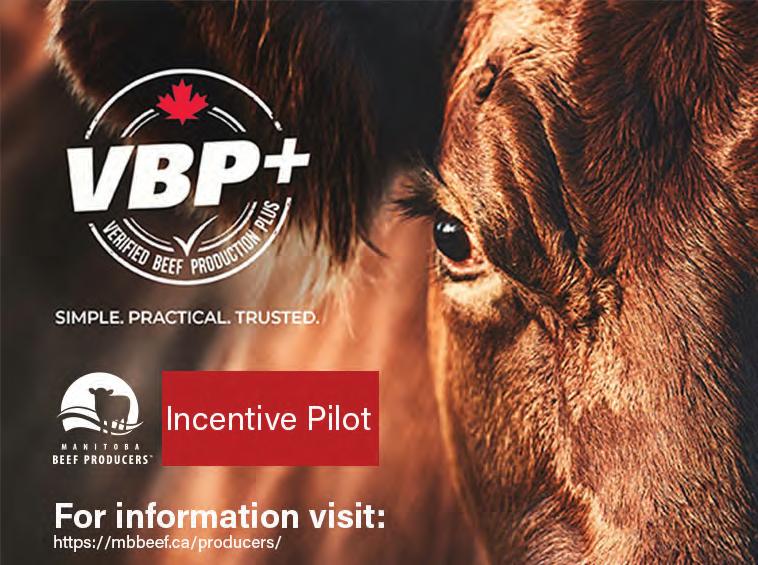
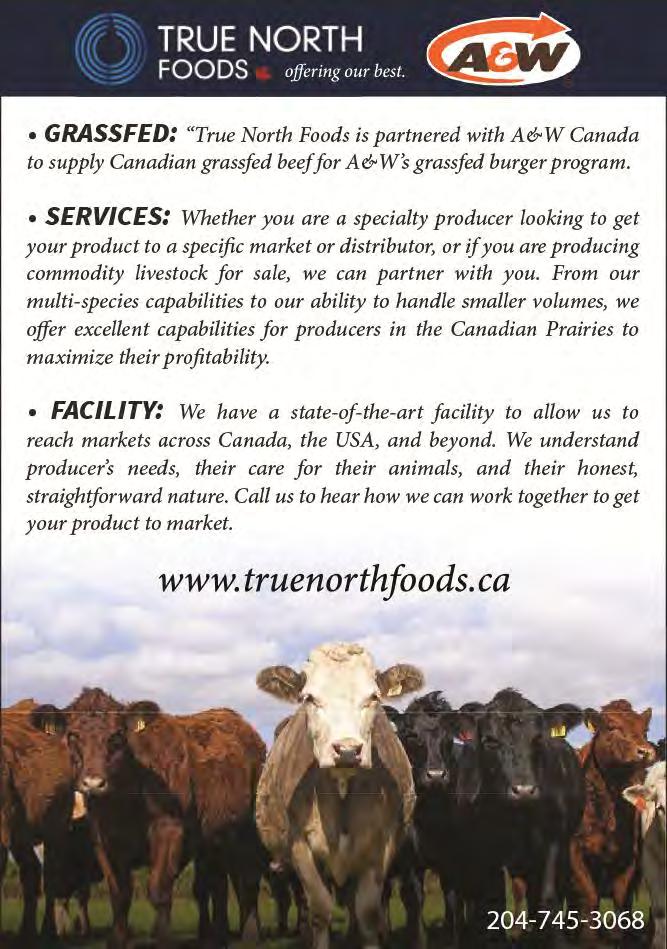


Contract Part-Time Project Manager
Livestock Inspection Services
Manitoba Beef Producers (MBP) is the exclusive voice of the beef industry in Manitoba. It represents roughly 6,000 beef producers across the province. Based in Winnipeg, MBP is a non-profit organization with four staff and a producer-elected board consisting of 14 district directors, each representing cattle producers in a specific region of Manitoba.
MBP’s mission is to represent all Manitoba beef producers through communication, advocacy, research, and education within the industry to governments, consumers and others; to improve prosperity; and to ensure a sustainable future. Funded by producers through the collection of a cattle check-off, MBP is committed to ensuring a sustainable future for the province’s beef industry for the benefit of our beef producer members and all Manitobans.
THE ROLE:
Manitoba Beef Producers’ membership has given direction to see an expanded livestock inspection service implemented in the province. The contract Project Manager will lead the coordination of this effort with direction provided by the multi-stakeholder Manitoba Livestock Inspection Services Working Group (MLISWG). The development and implementation of a mandatory identification inspection system for cattle in Manitoba will help facilitate livestock tracking and help mitigate potential financial losses to producers and other stakeholders related to theft and fraud.
KEY RESPONSIBILITIES AND ACTIVITIES:
• Lead in the development and coordination of the Strategic Plan for implementation.
• Responsible for the planning, implementation, and tracking of specific short-term and long-term goals for the project, which have a beginning, an end and specified deliverables.
• Working with the proponents, provide input into the development of modernized legislative, regulatory and policy frameworks to support expanded inspection services.
• Assist in the creation and provision of tools needed to support expanded inspection, such as information management systems like digital manifests, communications strategies to inform producers and other stakeholders about the implementation of expanded inspection (including its value to the beef industry), etc.
• Liaise with other stakeholders on matters such as the creation of a Manitoba-based RCMP Livestock Investigation Unit, the modernization of the provincial brand registry system, etc
• Coordinate meetings for the MLISWG to ensure the project remains on track.
QUALIFICATIONS FOR THE POSITION:
• Postsecondary education in agriculture, preferably animal science, or a suitable combination of education and experience;
• Strong understanding of the agriculture/agri-food sector, including beef production;
• Understanding of beef industry supply chain;

• Knowledge of legislative and regulatory processes, including the ability to review and analyze legislation and regulations is a definite asset;
• Experience in writing documents for government and industry an asset;
• Strong oral and written communication skills and attention to detail are essential;
• Skilled in writing and editing research or project reports, including financial reporting;
• High comfort level for public speaking and giving presentations;
• Ability to work on multiple projects simultaneously in a fast-paced environment;
• Experience with organizing and participating in trade shows, extension events, etc.;
• Experience in dealing with producers and the general public;
• Strong technical abilities, i.e. experience with Microsoft Office suite, virtual meeting platforms, etc.;
• Able to build solid relationships with teammates, project partners and other specialists by fostering teamwork, partnership and collaboration in virtual or face-to-face settings.
• A highly motivated self-starter able to work both in a self-directed manner, and as part of a small team.
• Valid driver’s license.
Note: Some occasional travel is required, mostly within Manitoba. Occasional evening work may be required.
COMPENSATION:
This position will be a contracted, part-time term position for 24 months. Compensation will be determined in the interview process.
REPORTING STRUCTURE:
The term position of Project Manager-Livestock Inspection reports to MBP’s General Manager.
2025-2026 StockTalk Webinar Series
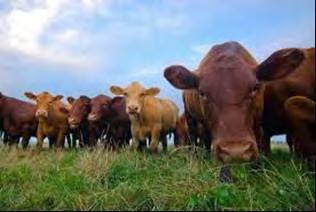
Manitoba Agriculture is offering a series of interesting livestock and forage presentations, packed with information and featuring innovative leading specialists, aimed at helping Manitoba beef producers best manage their cattle operations. Find out the latest news on research and production for beef and forage management by participating in these virtual sessions.
Date(s):
Time:
Place: Dec.11, Jan.8, Feb.5, March 12 & April 9 12:30 –1:30 p.m.
Your computer, smartphone or tablet
Register for StockTalk webinar: https://us06web.zoom.us/webinar/register/WN_HlmPWqFSJelloMpy5H5zg

Please add the webinar series to your calendar once you are registered.
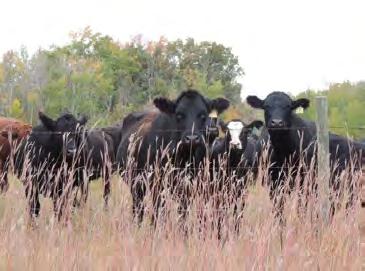
Presentations and topics will cover Cattle Nutrition & Rations, Beef Cost of Production, Agri-Stability, Cattle Marketing, Beef and Forage Days Highlights, Ask the Vet, Forage Production & Management, Pasture Forage & Water Survey Results & a chance to ask questions to the speakers and Livestock & Forage Specialists.
For more information, call Manitoba Agriculture 1-844-769-6224
Or visit our website at manitoba.ca/agriculture/online-resources/stock-talk.html

Livestock Predation Prevention Program
Program Description
The Livestock Predation Prevention Program supports adoption of non-lethal, on-farm measures that reduce the risk of livestock predation by wolves, coyotes, bears and other predators. Reducing livestock predation promotes the co-existence of wildlife and livestock in agricultural regions of Manitoba.
Who Qualifies
Livestock producers who have both:
• A paid livestock predation claim under the Manitoba Wildlife Damage Compensation Program in 2021 or later.
• A Manitoba Premises Identification Number.
What Qualifies
Eligible expenses include constructing predator resistant fencing to deter attacks on livestock by coyotes, wolves, and other predators. The objective of a project must be to deter predation of livestock located on Manitoba farms. More details of eligible expenses can be found in the program guide.
Caps Applied to Funding for Fence Projects
FUNDING AVAILABLE
Predator Resistant Fence Construction
Eligible producers can apply for funding to support construction of fencing that deters predators from entering calving and lambing areas, pastures, extended grazing areas, and deadstock compost sites. Producers will receive a funding decision letter indicating the approved budget for eligible projects.
Important Dates
December 8, 2025: Deadline for fence construction applications.
October 30, 2026: Complete fence construction.
November 27, 2026: Complete fence inspection and risk assessment.
December 18, 2026 Deadline for submitting claims for completed fence projects.
Cost-Share and Funding Cap
Eligible applicants can be reimbursed for up to 75 per cent of total approved eligible expenses, to a maximum of $40,000.
Maximums also apply based on the size, type and purpose of the fence constructed.
Retrofit addition of apron
$1.50 per linear foot
An applicant’s total funding for fence construction is capped at $40,000. Based on 75 per cent government cost share, this cap is reached with total eligible expenses of $53,333.33 (or more). Depending on fence length and type, funding approved may be less than $40,000.
Total Incremental personal labour and equipment use that can be claimed is capped at $3/foot for building fences and $1/foot for adding an apron to an existing fence. Based on 75 per cent government cost-share, the payment for total incremental expenses will be up to $2.25/linear foot for building a fence and $0.75/linear foot for adding an apron.
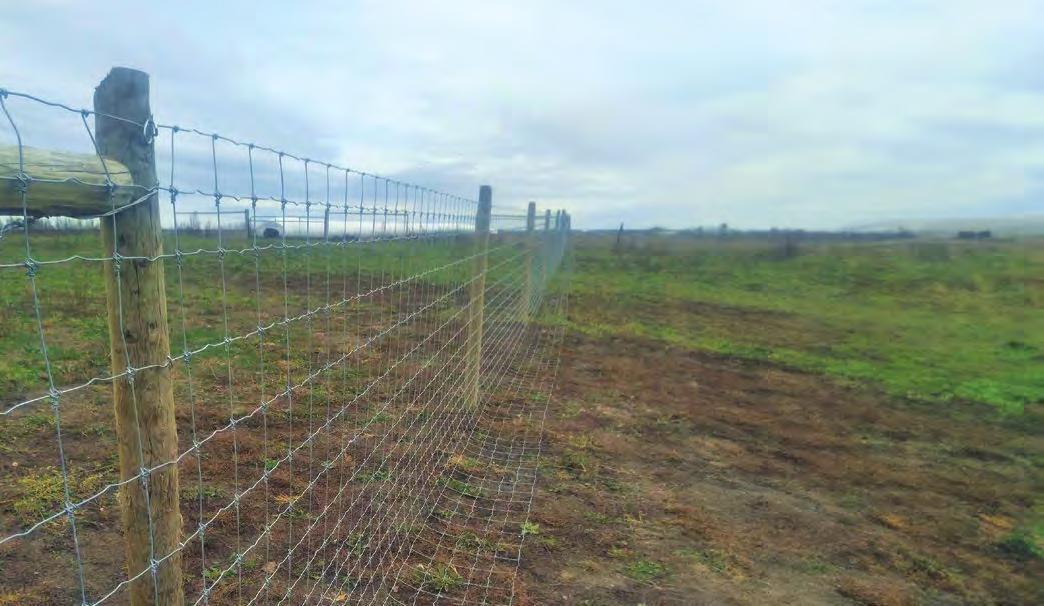
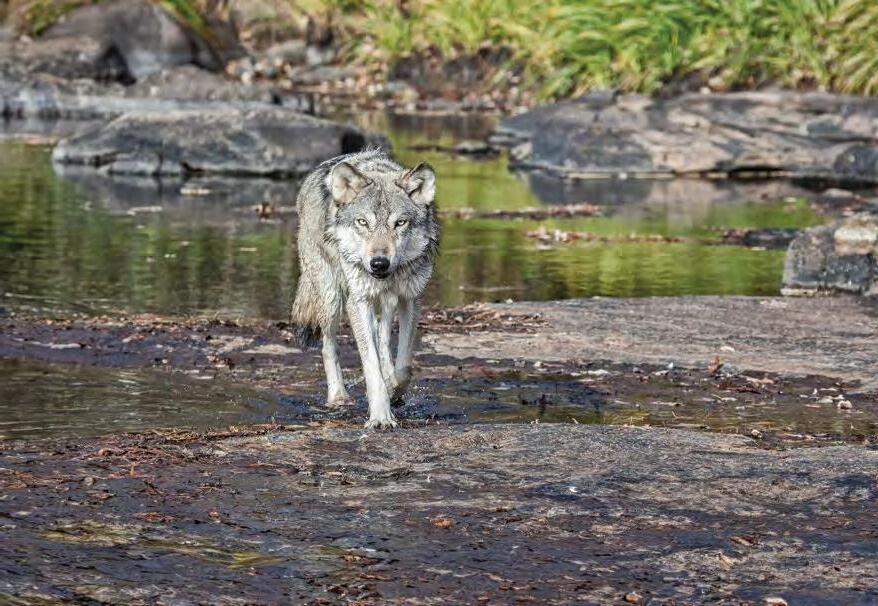
Eligible Expenses
· Incremental personal labour at $30/hour and incremental personal equipment use at fixed, program rates.
· Subcontracted services related to custom labour and custom equipment use.
· Equipment rental for completion of the project.
· Materials and supplies such as gates, lumber, wire, and energizer (0.7 joules or more).
· Provincial Sales Tax (PST).
Further conditions for a fence project:
· Fences are inspected to verify work completed and that they will deter predators.
· A livestock predation risk assesment must be completed before payment is issued.
· Specific ineligible items include barbed wire fences, hard-wired power sourcing, temporary or mobile fences, infrastructure and land preparation inside the fence, and fences around feedlots, feed storage areas and non-grazed crops.
· Eligible expenses must have occurred on or after April 1, 2026, and be supported by an invoice and proof of payment. All invoices for eligible expenses must be issued in the applicant’s name, and payment must be made by the approved applicant.
Fence Inspection
Fences constructed to contain cattle, sheep and other livestock are often ineffective barriers to predators. To be effective, fences must be constructed to deter predators from climbing over, passing through, or burrowing under them. All fence projects are inspected to verify that the work has been completed and the fence will deter predators. See the program guide and the Sustainable CAP website for fence standards as well as guidelines and examples for fence construction.
Livestock Predation Risk Assessment
A livestock predation risk assessment must be completed prior to payment being issued. It helps to understand the risks on a farm but does not change the fence payment. The assessment normally takes about two hours to complete. Approved applicants will be contacted by a livestock, wildlife or other specialist to arrange the assessment.
An inspection of the finished fence can be arranged by calling the Program Information Line at 1-800-811-4411 or emailing agriculture@gov.mb.ca. The applicant will then be contacted by an inspector from their local MASC Service Centre. The completed inspection report will be submitted by MASC on the applicant’s behalf.
HOW TO APPLY FOR FUNDING
The documents needed to apply can be found on the Manitoba Agriculture website:
· Applicant information form
Application worksheet for fence construction
Go to manitoba.ca/scap/resiliency/livestock/fencing.html to find these forms and the program guide.
Claim statements will be forwarded to applicants with approved fence projects. Once all fence construction is completed, submit all invoices and proof of payment, along with the claim worksheet for processing.
An applicant can submit one fence claim worksheet over the 2026 program year. The documents can be emailed to: agriculture@gov.mb.ca
